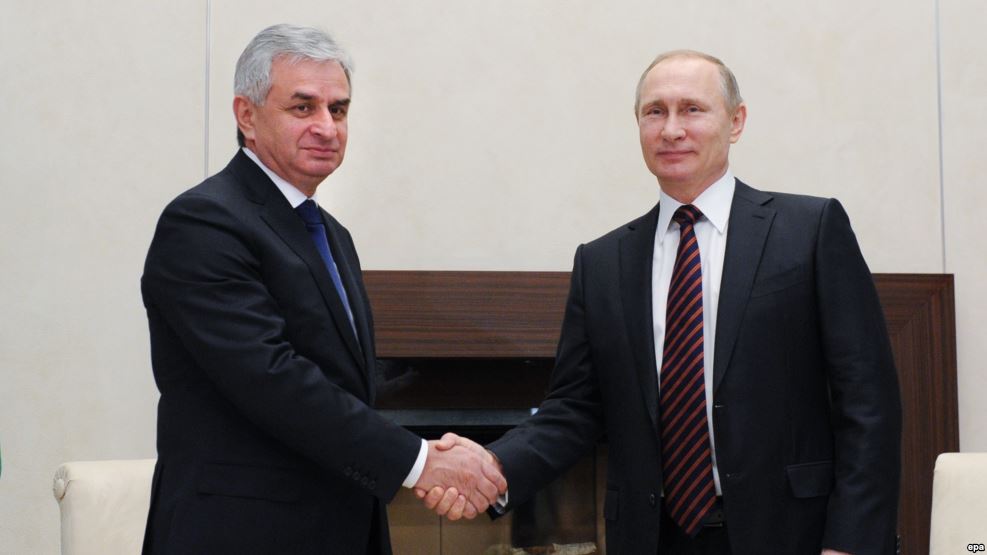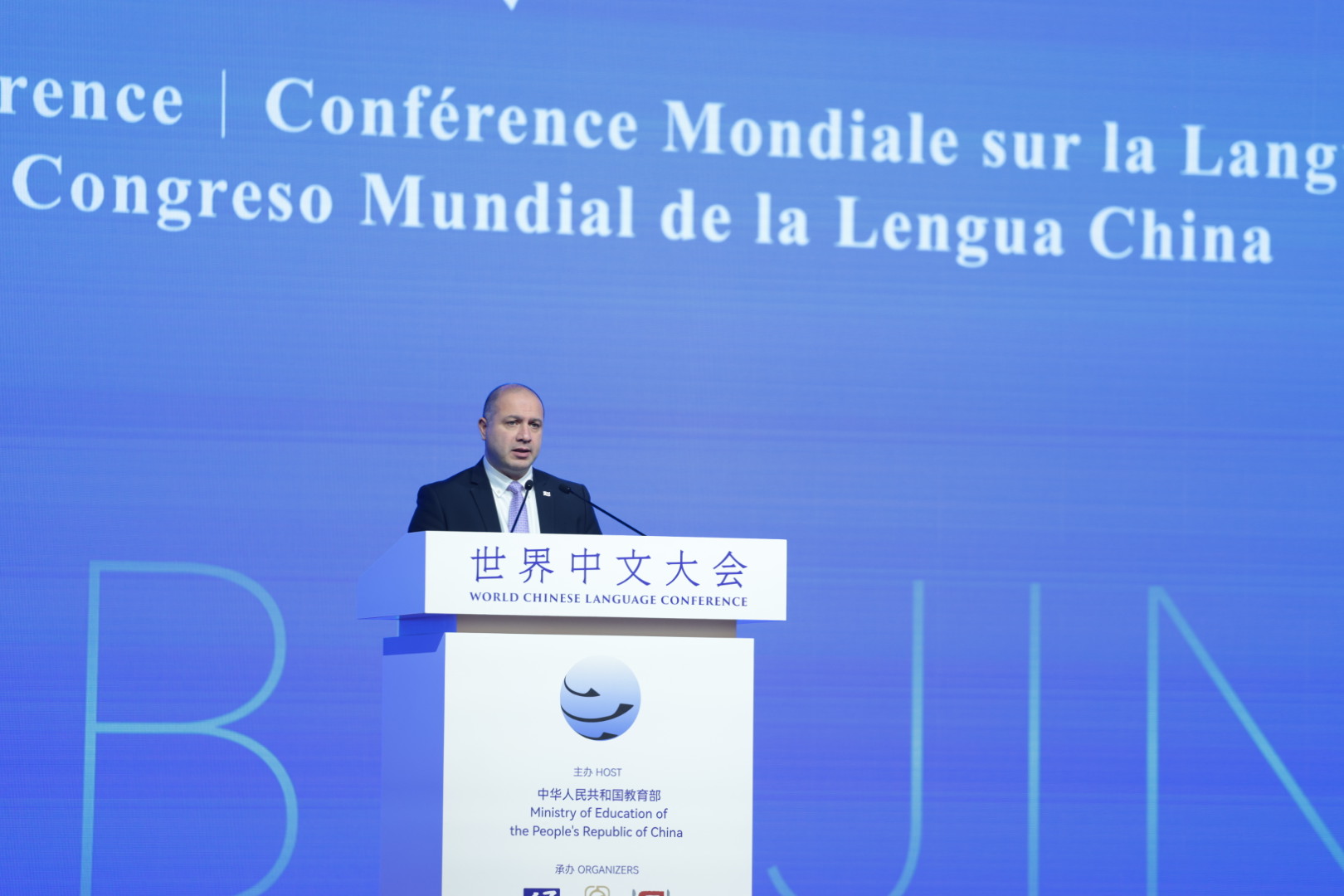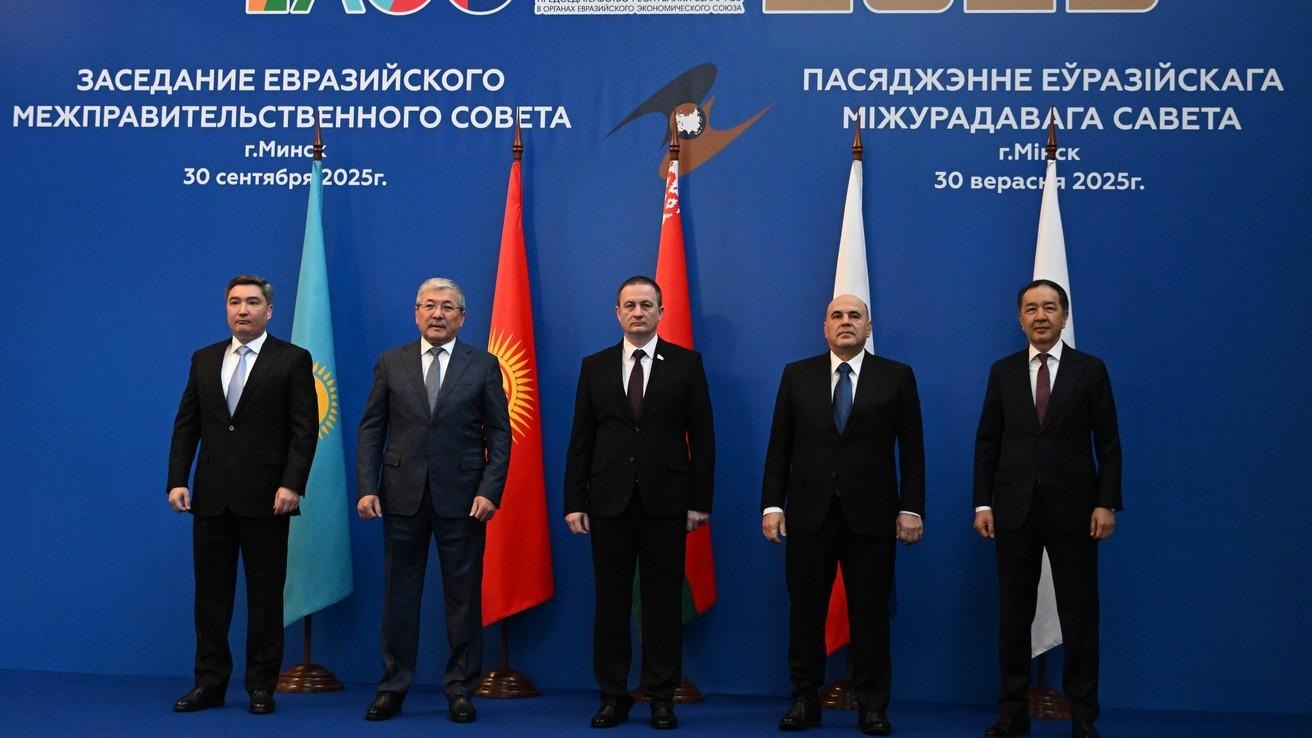
Surkov’s Hacked E-Mails Offer Glimpse Into Kremlin’s Policy in Abkhazia
Surkov’s Hacked E-Mails Offer Glimpse Into Kremlin’s Policy in Abkhazia
On October 23 and 25, a team of Ukrainian hackers, known as Kiberkhunta (Cyber-Junta), unveiled a massive number of e-mails that belonged to the notorious Russian official Vladislav Surkov. Prior to 2013, Surkov was responsible for Russia’s domestic policies in Vladimir Putin’s administration. After 2013, Surkov focused on Russian foreign policy—specifically, Georgia’s breakaway regions of Abkhazia and South Ossetia as well as, unofficially, on Ukraine. While Russia’s involvement in Ukraine and its backing of the Donetsk and Luhansk “People’s Republics” had been an open secret for a long time, the revelations publicized by Kiberkhunta were still important due to the intriguing details they provided. The Atlantic Council’s Digital Forensic Research Lab confirmed that the leaked documents appeared to be authentic (Meduza.io, October 26).
Much attention has been paid to the situation in Ukraine and Russia’s involvement in it, but there has been relatively little focus on the situation in Abkhazia and South Ossetia. Surkov’s hacked e-mail account provided a rare glimpse into Moscow’s dealings with the government in Abkhazia, headed by the former KGB official Raul Khajimba. At the same time, the leak caused a public scandal in the Georgian breakaway region, as the opposition accused the territory’s leader of selling out the interests of Abkhazia.
In one such e-mail exchange regarding Abkhazia, Surkov’s aide, Mikhail Mamonov, reported that Raul Khajimba signed a “public agreement” that put limits on the real estate acquisitions by non-citizens. Signing such an agreement was apparently contrary to the understanding between the Kremlin and Khajimba. The latter explained to Russian officials that he did that to “win over the young people” and reassured them that the “public agreement” was just a declaration and he would comply with the terms of the pact reached with the Kremlin earlier. Despite Khajimba’s apologies and explanations, Surkov’s aide concluded that the signing of the “public agreement” without permission from Moscow was a “negative signal.” The e-mail is dated August 11, 2014—that is, in the run up to August 24 presidential elections that Khajimba won (Site.ua, October 26).
Raul Khajimba was a low-ranking KGB officer in Abkhazia during the Soviet period. Subsequently, he participated in the Georgian-Abkhaz conflict. Khajimba unsuccessfully entered the presidential race in Abkhazia in 2004, 2009 and 2011. In May–June 2014, Khajimba led a coup that unseated Alexander Ankvab and won the presidency in August 2014. Surkov’s e-mails indicate that Moscow’s officials quite literally hand-manage every move of their protégés in Abkhazia. At the same time, they also indicate that regional actors sometimes disobey and try to defend their moves by appealing to popular opinion.
The informal agreements between Khajimba and the Kremlin about allowing foreign nationals to buy property in Abkhazia were reached back in 2014. And yet, it is noteworthy that, as of November 2016, Abkhazia has not complied with them. Currently, Russian citizens are still not officially allowed to buy property in Abkhazia. Hence, a large black market now operates, which is rife with fraudulent schemes and opaqueness (TASS, November 10).
According to the 2011 census, ethnic Abkhaz comprise about 51 percent of the total population of Abkhazia. In 2011, the total population of the territory was estimated at 241,000. Prior to the Georgian-Abkhaz war of 1992–1993, ethnic Abkhaz comprised about 18 percent of the population, while ethnic Georgians were the plurality there, with 46 percent. Following extensive ethnic cleansing aided by Moscow, ethnic Abkhaz became the majority of Abkhazia. Given their precarious demographic situation, however, the Abkhaz do not want to pave the way for other ethnic groups to take over the republic. Following the Russian-Georgian war of 2008, Moscow officially recognized Abkhazia as a sovereign state, but no other significant country followed Russia’s example. Hence, Abkhazia’s small economy is fully dependent on the benevolence of Russia. The only significant buyers of real estate in Abkhazia are Russians, but in the view of many Abkhazians, that would marginalize the native population of the republic once again; therefore, the Abkhaz people are quite resistant to calls to open their real estate market for foreigners, which in the Abkhaz context means—to Russians.
Opposition figures in Abkhazia lashed out at the government of the republic. The leader of the Ainar Party, Tengiz Jopua, stated that Raul Khajimba and all his team lied to the people of Abkhazia with the sole purpose of gaining political power. Another opposition figure, Alkhas Tkhagushev, rhetorically asked if the Abkhazian government did Surkov’s bidding or served the people of Abkhazia (Ekhokavkaza.com, October 27).
The hacking of Surkov’s e-mails revealed the Kremlin’s tight control over Georgia’s breakaway territories. Since 2014, Abkhazia, South Ossetia and Russia signed a number of agreements that further diminished the political autonomy of these statelets (see EDM, November 24, 2014). The Kiberkhunta leaks expose the lies of the leadership of these breakaway regions to both their supervisors in Moscow and their people. In Khajimba’s case, he apparently attempted to navigate between the harsh demands imposed on him by Moscow and popular expectations at home.


